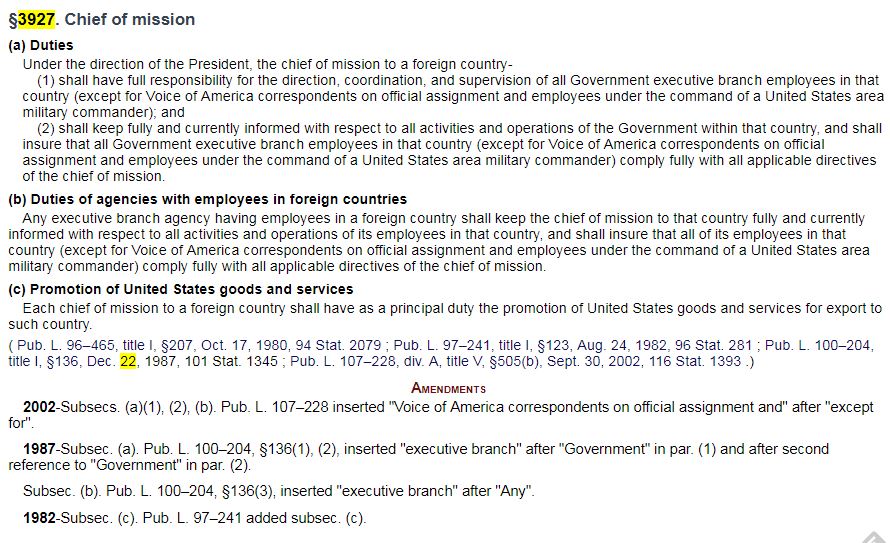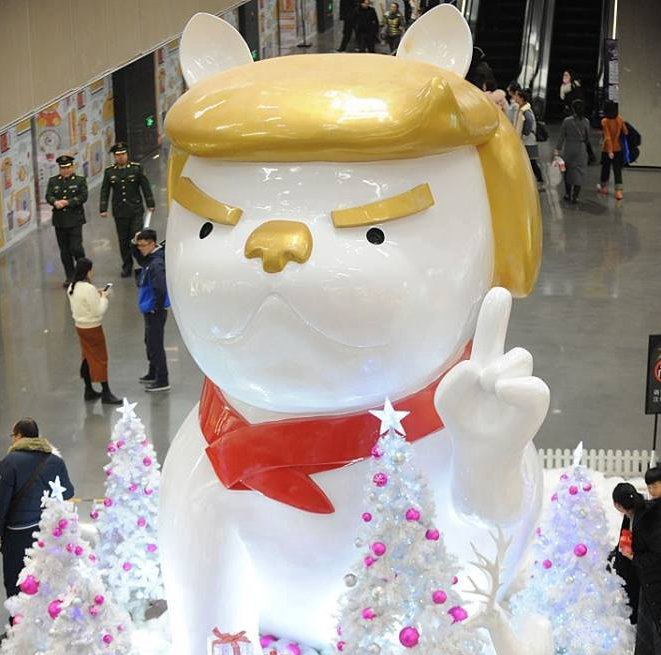A few thoughts from this former U.S. Embassy lawyer, building on my related @lawfareblog piece (lawfareblog.com/what-does-it-m…) . . .
Usually host governments will order a disfavored diplomatic presence to depart the country.
Maduro did that—but the United States refused to comply.
There are several good arguments for doing this. But leaving U.S. diplomats in Caracas on these grounds puts them in a very difficult position, as Maduro remains in control there.
This means he has no obligation to help sustain their operations, or may even be able to arrest, detain, and prosecute them for their illegal presence.
But it was never a well-thought out or long-term solution.
And a simple accident or crisis—a health emergency among remaining U.S. personnel, for example—could suddenly give Maduro immense leverage over the United States.
Or it may be more willing to resist if the United States were, for instance, to have to enter Venezuelan airspace to evacuate its personnel.
And as the Maduro regime becomes more isolated and comes under increasing pressure, that moment gets closer every day.
Now that this hasn't happened, it's good for the State Department to cut its losses by leaving, even if a bit embarrassing.
To the contrary, I'm a big supporter of forward diplomacy, which would have diplomats and civilians play a leading role in conflicted and unstable areas (often instead of the military).
The latter is a far bigger threat to diplomats and diplomatic activities, and shouldn't be taken lightly.





